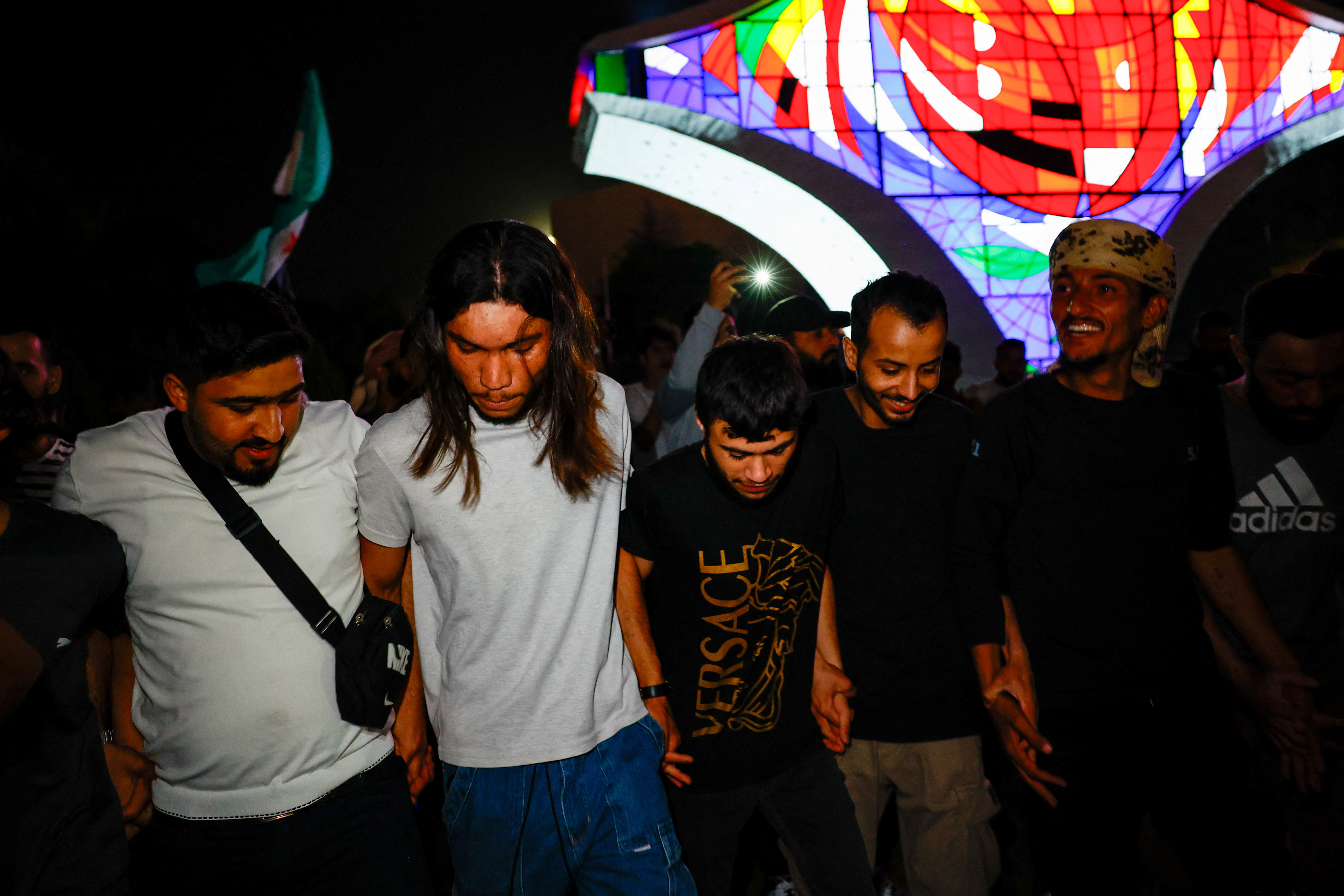Four years after struggling to secure a meeting with then-President Joe Biden—who vowed to make Saudi Arabia a “pariah” over its role in the murder of journalist Jamal Khashoggi—Saudi Crown Prince Mohammed bin Salman found himself warmly embraced by President Donald Trump, now in his second term.
During a high-profile investment summit in Riyadh, Trump heaped praise on the crown prince, calling him “an incredible man” and a “great guy.” No mention was made of the Gulf kingdom’s human rights record, which had previously been a sticking point in U.S. relations.
“I like him a lot. I like him too much,” Trump said, drawing applause from the crowd as he unveiled a sweeping set of deals: a $142 billion defense agreement and a staggering $600 billion Saudi investment package targeting AI, energy, and infrastructure in the US.
But Trump’s Gulf tour didn’t stop there.
In a dramatic shift in US foreign policy, Trump announced that the United States would lift all sanctions on Syria, despite objections from within his own administration and opposition from close ally Israel. The move, made at the urging of bin Salman and Turkish President Recep Tayyip Erdoğan, stunned many observers.
Trump is scheduled to meet interim Syrian President Ahmed al-Sharaa in Riyadh. Sharaa, a former Al Qaeda commander who helped topple Bashar al-Assad in December, renounced terrorism in 2016. Critics warn that the meeting—and the broader U.S. pivot toward Damascus—could send mixed signals about Washington’s stance on extremism and accountability.
Trump’s Gulf itinerary includes a state visit to Qatar, where officials are expected to announce hundreds of billions in new investments—including the gift of a luxury Boeing 747-8 to serve as the next Air Force One and later, a centerpiece for Trump’s presidential library. The announcement has sparked bipartisan backlash in Washington, with some lawmakers raising concerns about the optics of impropriety and undue foreign influence.
Following Qatar, Trump will travel to Abu Dhabi and is considering an unscheduled stop in Turkey for a potential meeting between Russian President Vladimir Putin and Ukrainian President Volodymyr Zelenskiy.
Despite concerns from human rights groups and US lawmakers, Trump’s personal diplomacy in the Gulf appears to be reshaping alliances—and redrawing the map of American influence in the Middle East.






Click here to change your cookie preferences